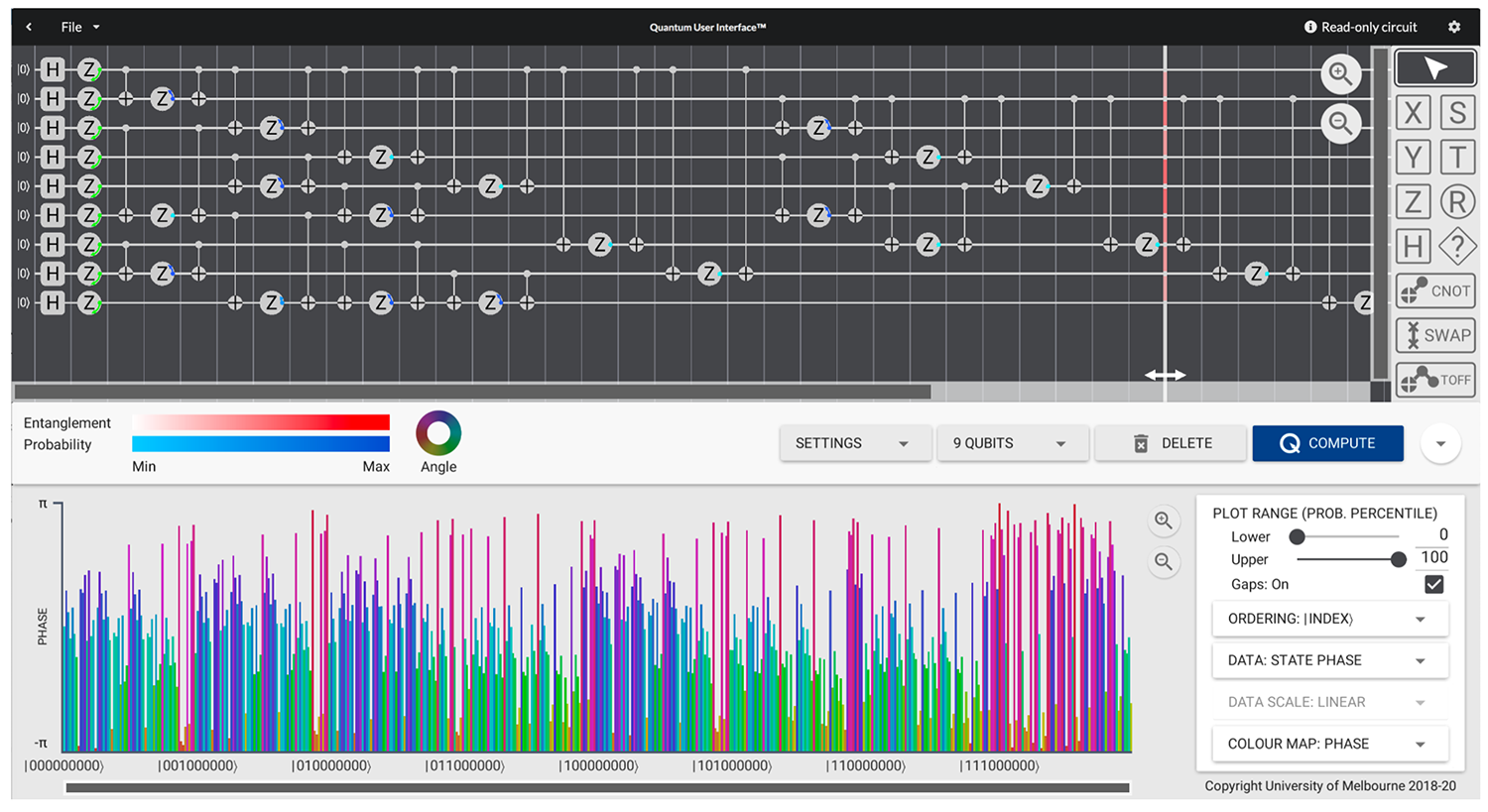Adapting traffic/route optimisation problems to the quantum computer framework: A partnership between Ford and the University of Melbourne
Quantum computers are potentially far more powerful than conventional computers and may enable the solution of many problems that are currently intractable. After sustained research over decades, quantum computers are now emerging from the laboratories of companies such as IBM and Google.

A University of Melbourne team, led by Professor Lloyd Hollenberg, has been working in quantum computing for over 20 years. The IBM Q Hub at the University of Melbourne was established in 2018, providing University researchers with access to IBM’s world leading quantum computer hardware and software. Using these facilities, the University team has developed expertise in the conversion and implementation of problems for solution on quantum computer hardware.
Acknowledging the potential of quantum computing, Ford Motor Company has partnered with the University to examine how it might be applied to a variety of combinatorial optimisation problems involving traffic optimisation and fleet routing. There are several, specific challenges involved in doing this. These include devising quantum approaches to traffic/route problems, mapping these to optimal quantum circuits and constructing error-mitigation schemes for simulation and implementation under realistic hardware conditions.
Solution of such problems offers major benefits. For example, it could enable deep reductions in a fleet’s fuel consumption and emissions of greenhouse gases and other pollutants, whilst reducing traffic congestion and enabling much more interaction with intelligent vehicles.
It is therefore strategically important for companies like Ford to be “quantum ready”, i.e. to understand how to apply quantum computing and work in tandem with technology developments such that they will be able to influence and drive this technology to advantage in their sector. Of course, as the ICT industry adapts to quantum computing technology, there will also be flow-on benefits to society via the solution of problems of comparable complexity in a range of areas.
The University and Ford have been close collaborators for decades. In recent years, their collaboration has broadened to include research on quantum computing, advanced materials and advanced propulsion systems and clean fuels.
“Ford is a fine research partner that works selectively and closely with some of the best research teams around the world,” said Prof. Michael Brear, Director of MEI. “This partnership with Prof. Hollenberg’s group is an example of such an engagement. We all look forward to seeing how this world leading collaboration progresses and grows.”
Please contact Professor Lloyd Hollenberg to find out more about this project.